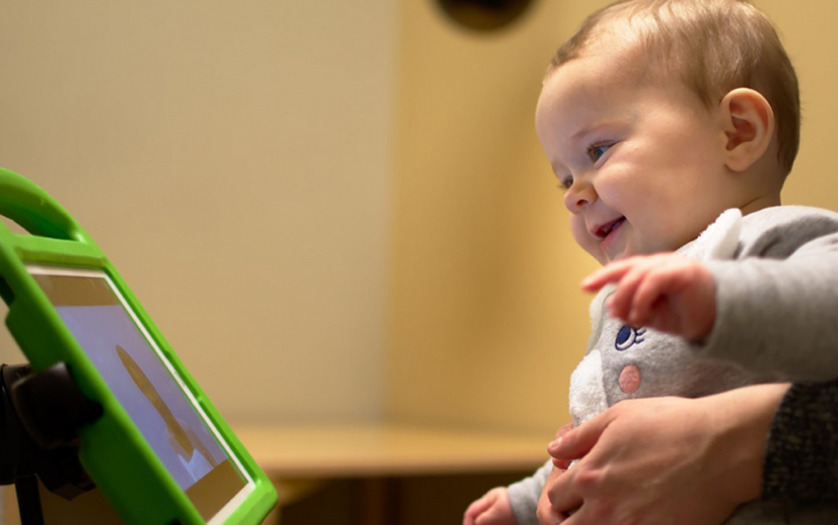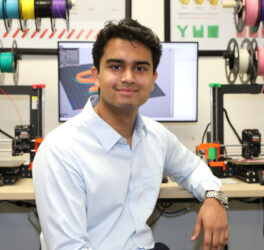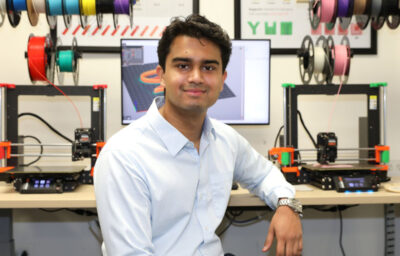
South Korea’s two biggest hospitals plan to develop an artificial intelligence (AI)-based Platform to ensure early detection and diagnosis of autism for infants.
A consortium formed by Seoul National University Hospital and Severance Hospital was selected as the lead organization for developing Autism diagnosis technology as part of a project funded by the National Center for Mental Health to the tune of 10 billion won.
The symptoms of newborns will improve if the autism condition is diagnosed and treatment begins within 12 to 24 months. However, many cases in which, such newborns miss adequate treatment time due to late diagnosis.
South Korea’s autism population reached 31,000 as of 2020, double the figure recorded in 2010.
The consortium plans to develop big data and AI-based prediction and diagnosis technology to enable early detection in an infant stage by Dec. 2024.
“Considering that there is no medication that can cure autism, it’s important to begin intensive and multilateral behavioral treatment through early diagnosis,” said Cheon Keun-ah, a professor in the department of child and adolescent psychiatry at Severance Hospital.








